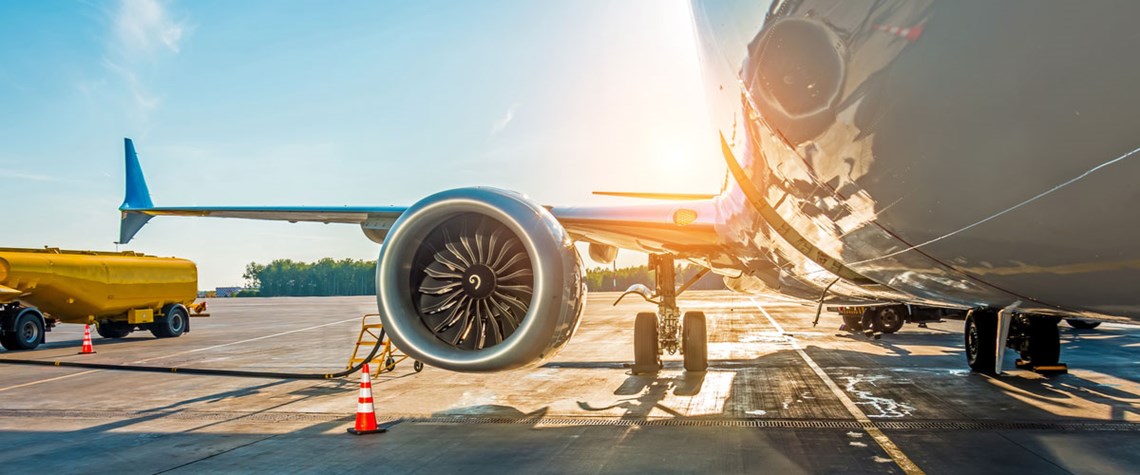Sustainable aviation fuels face headwinds
Limited financing and competition for feedstocks among challenges for fuel, which can be dropped in without need for retrofits, aviation sector executives say
Sustainable aviation fuels (SAFs) have potential as an immediate solution to help the aviation sector decarbonise more quickly, but producers needs to overcome barriers such as limited financing, scaling up production projects and competition for feedstocks. Aviation is regarded as one of the most difficult sectors from which to reduce CO₂ emissions as flying is energy-intensive and no cost-competitive technological option is available to reduce emissions at scale. Zero-emission flight technologies such as battery-electric and hydrogen-fuelled aircraft are in the early stages of development but are decades away from commercialisation and may have a limited range. SAF is one of the short-term

Also in this section
9 January 2026
A shift in perspective is needed on the carbon challenge, the success of which will determine the speed and extent of emissions cuts and how industries adapt to the new environment
2 January 2026
This year may be a defining one for carbon capture, utilisation and storage in the US, despite the institutional uncertainty
23 December 2025
Legislative reform in Germany sets the stage for commercial carbon capture and transport at a national level, while the UK has already seen financial close on major CCS clusters
15 December 2025
Net zero is not the problem for the UK’s power system. The real issue is with an outdated market design in desperate need of modernisation







